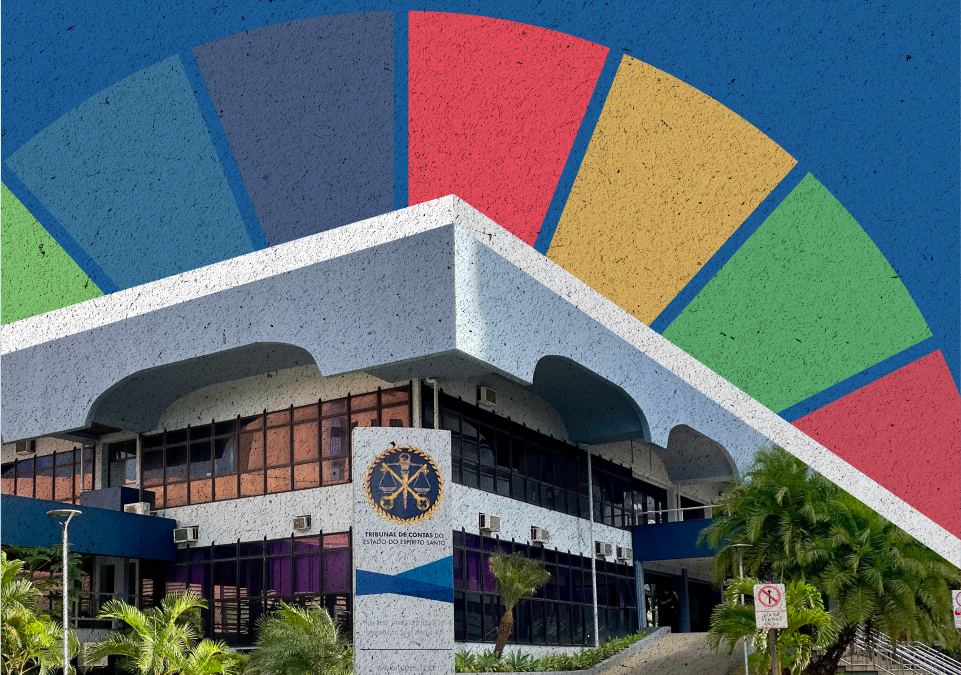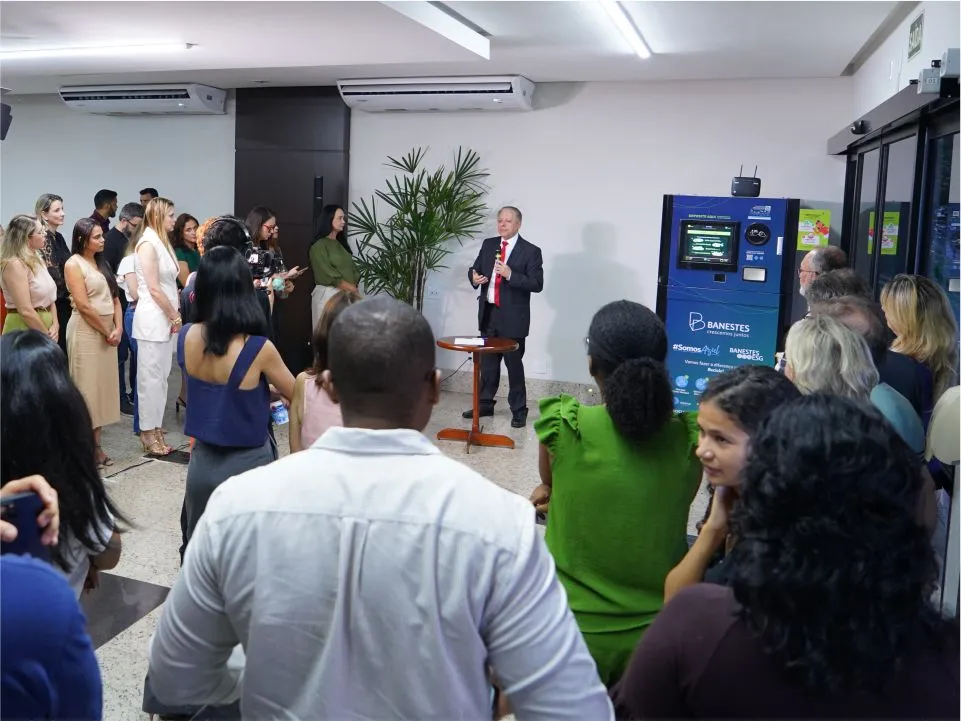
The external control actions planned by the Court of Accounts of the State of Espírito Santo (TCE-ES) for 2025 will be aligned with 12 of the 18 United Nations Sustainable Development Goals (SDGs). As defined by the Court’s 2025 Annual External Control Plan (PACE), approved last Tuesday (11), throughout the year, the technical area of TCE-ES will carry out 229 control actions. These include audits, instructions for audit processes, accounts, registration of personnel acts and consultations in all their phases, as well as guidance and training actions for jurisdictional entities.
The SDGs directly impacted by these actions are the goals of poverty eradication; promotion of health and well-being; quality education; clean water and sanitation; decent work and economic growth; industry, innovation, and infrastructure; reduction of inequalities; sustainable cities and communities; life on land; peace, justice, and strong institutions; partnerships and means of implementation; and ethnic-racial equality.
The Pace is the tribunal’s tactical-level planning instrument, which is mandatory and establishes the lines of external control actions to be developed by the institution each year, focusing on public accounting and fiscal management, public policies, public affairs, and other areas within the tribunal’s competence.
For this year, the Plan presents a significant increase in the number of action lines to be carried out by technical units compared to 2024. While 182 action lines were worked on in 2024, in 2025, there will be 229. The Plan also foresees the execution of 70 audits, whereas in 2024, there were 57.
“The increase in the number of audits reflects the Court of Accounts’ commitment to improving public management and effectively overseeing public policies. By aligning our actions with the Sustainable Development Goals, we expand the impact of external control and contribute directly to the sustainable development of the State,” emphasized the Secretary-General of External Control, Alexsander Binda.
Relation of SDGs and Control Actions
- SDG 1 – No Poverty: 1 control action
- SDG 3 – Good Health and Well-being: 12 control actions
- SDG 4 – Quality Education: 4 control actions
- SDG 6 – Clean Water and Sanitation: 5 control actions
- SDG 8 – Decent Work and Economic Growth: 1 control action
- SDG 9 – Industry, Innovation, and Infrastructure: 1 control action
- SDG 10 – Reduced Inequalities: 1 control action
- SDG 11 – Sustainable Cities and Communities: 7 control actions
- SDG 15 – Life on Land: 1 control action
- SDG 16 – Peace, Justice, and Strong Institutions: 179 control actions
- SDG 17 – Partnerships for the Goals: 16 control actions
- SDG 18 – Ethnic-Racial Equality: 1 control action
Total: 229
Development
To define this plan, the technical units of TCE-ES sought to determine the most effective ways to contribute to solving identified problems. They proposed action lines to guide or support their activities in 2025, focusing strategically on three priority areas—fiscal management, public policies, and anti-fraud control.
This definition also included public participation through a public consultation held in July 2024, where citizens could highlight the main issues affecting them, their impacts, and the difficulties faced by public administration in solving these problems.
Among the 10 most voted problem situations in the public consultation, 80% resulted in scheduled audits in the Plan. Of the 20 most voted issues, 14 (70%) led to scheduled audits in Pace. Additionally, proposals for actions were submitted by councilors and prosecutors from the Public Accounts Ministry.
Structure
To expand the scope of external control exercised by the tribunal, the organizational structure of Segex was restructured and improved in February. As a result, the General Secretariat now consists of five external control secretariats (Secex), each focusing on TCE-ES’s strategic institutional priorities:
- SecexContas – Secretariat for External Control of Accounting, Economy, and Fiscal Management
- SecexSocial – Secretariat for External Control of Social Public Policies
- SecexInfra – Secretariat for External Control of Infrastructure and Sustainable Development
- SecexPessoal – Secretariat for External Control of Personnel and Pensions
- SecexNegócios – Secretariat for External Control of Government Affairs
New Validity Period for Pace
For the first time, Pace will have a validity period from April 2025 to March 2026. This adjustment was made because the definition of external control action proposals through partnerships or guidance from national representative entities traditionally takes place between November and December. The institution determined that aligning the validity period of the Plan to start in April would be more beneficial.
Additionally, since the tribunal had already determined its 2025 Priority Projects, it was possible to precisely allocate human resources and estimate the required effort for participation in each initiative. This was especially relevant for activities related to executing priority projects, managing, and governing external control.
|
Summary in Bullet Points:
|
Informações à imprensa:
Secretaria de Comunicação do TCE-ES
secom@tcees.tc.br
(27) 98159-1866




